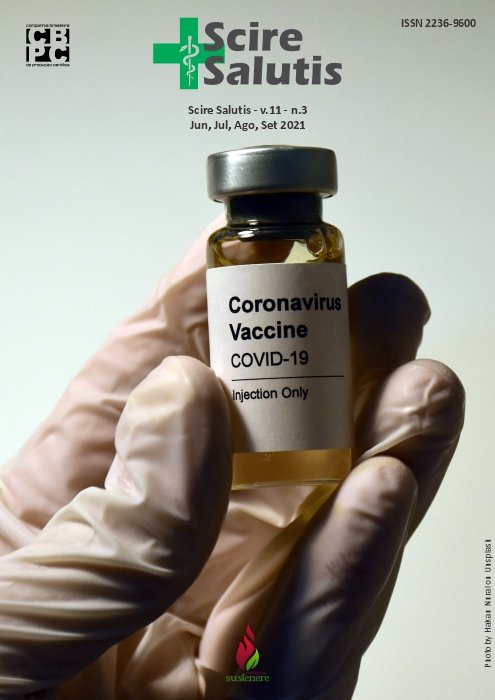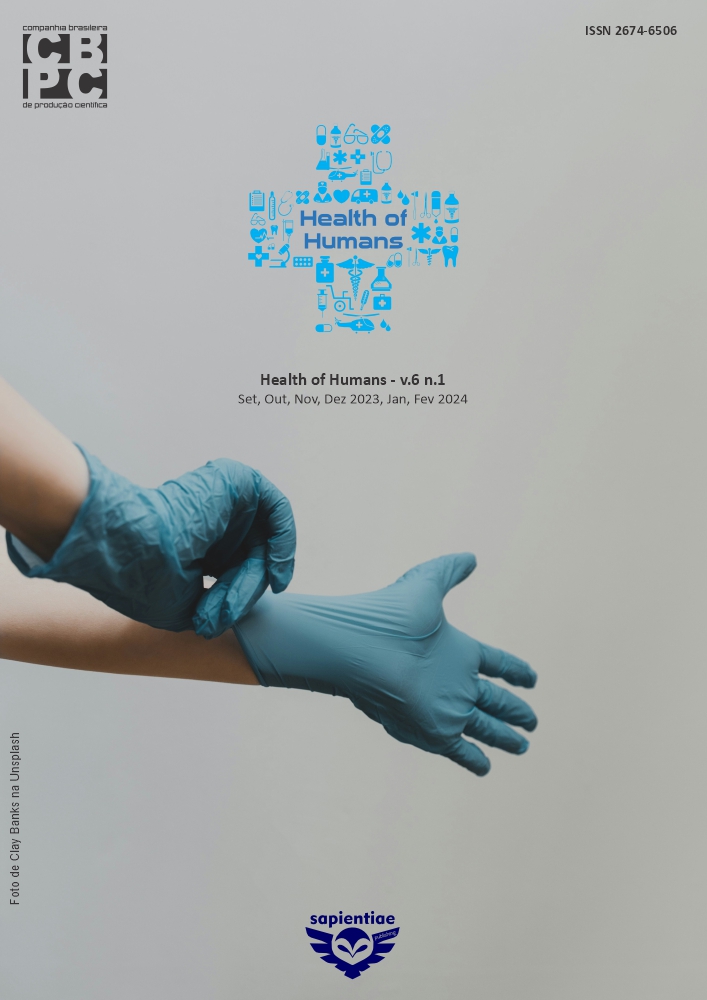Fundamental right to health: a study on the requirements for the supply of medicines from the judg-ments of the special appeal no. 1.654.156/RJ and extraordinary appeal no. 657.718/MG
DOI:
https://doi.org/10.6008/CBPC2236-9600.2021.003.0019Keywords:
Social Rights, Public Health Policies, Judicialization of Health, Social ActivismAbstract
The aim of this article was to analyze, in the light of the fundamental social right of the human being to health and, above all, to life, the requirements established in the decisions of the Federal Supreme Court on access to medicines that are not included in the List of the Unified Health System (SUS) or that have not yet been registered in the National Health Surveillance Agency (Anvisa). For the same reason, to analyze how the Judiciary has acted in such a way as to ensure access to of the hyposufficient to health, following the criteria of the National Council of Justice. For the development of this research, which adopted as a method the dialectic, a bibliographic survey was conducted based on scientific articles, books, specialized electronic websites, laws and judgments of recent decades. Despite the high cost of supplying the drugs mentioned, it was found that the judiciary cannot exempt itself from making decisions in the face of specific cases, provided that the constitutional and legal requirements are met.
Downloads
Downloads
Published
Issue
Section
License
Copyright (c) 2021 Scire Salutis

This work is licensed under a Creative Commons Attribution-NonCommercial-NoDerivatives 4.0 International License.
The CBPC - Companhia Brasileira de Produção Científica (Brazil CNPJ: 11.221.422/0001-03) the material rights of the published works. The rights relate to the publication of the work anywhere in the world, including rights to renewals, expansions and dissemination of the contribution, as well as other subsidiary rights. All electronically published works may subsequently be published in printed collections under the coordination of this company and / or its partners. The authors preserve the copyright, but are not allowed to publish the contribution in another medium, printed or digital, in Portuguese or in translation.








